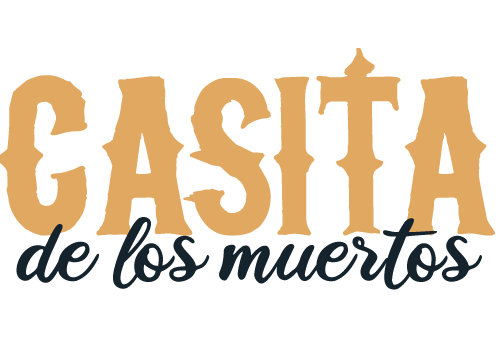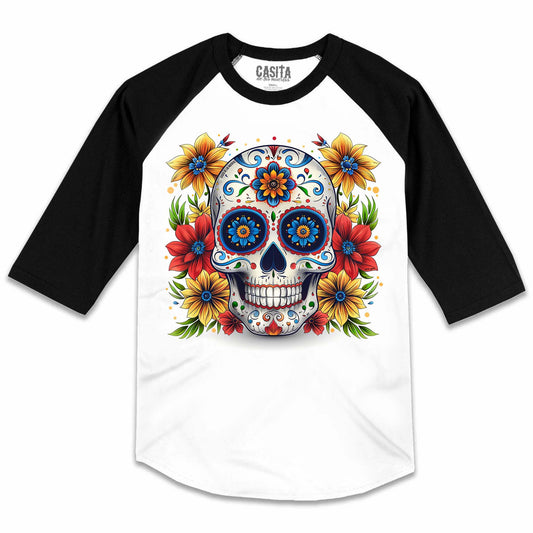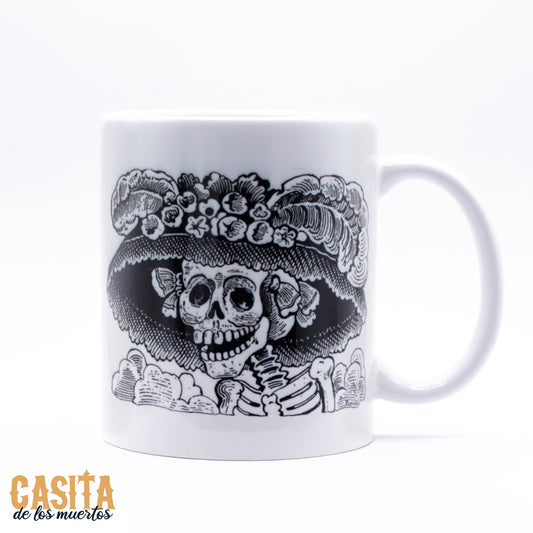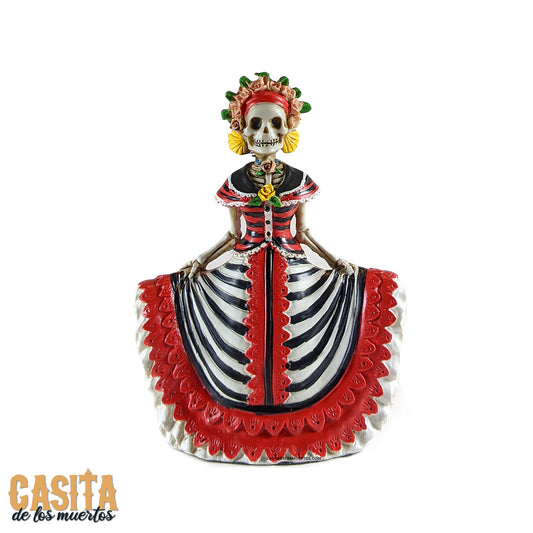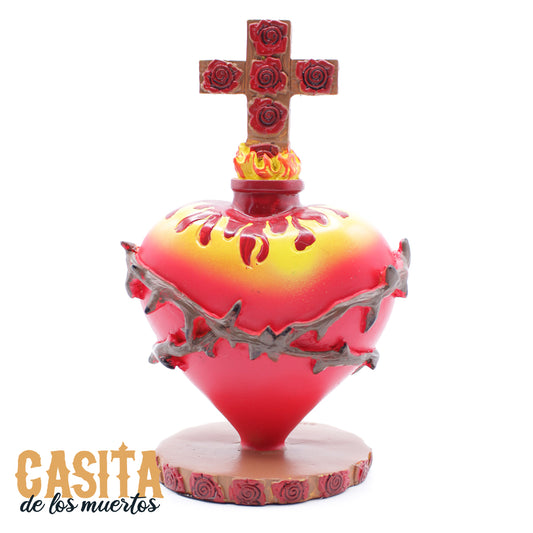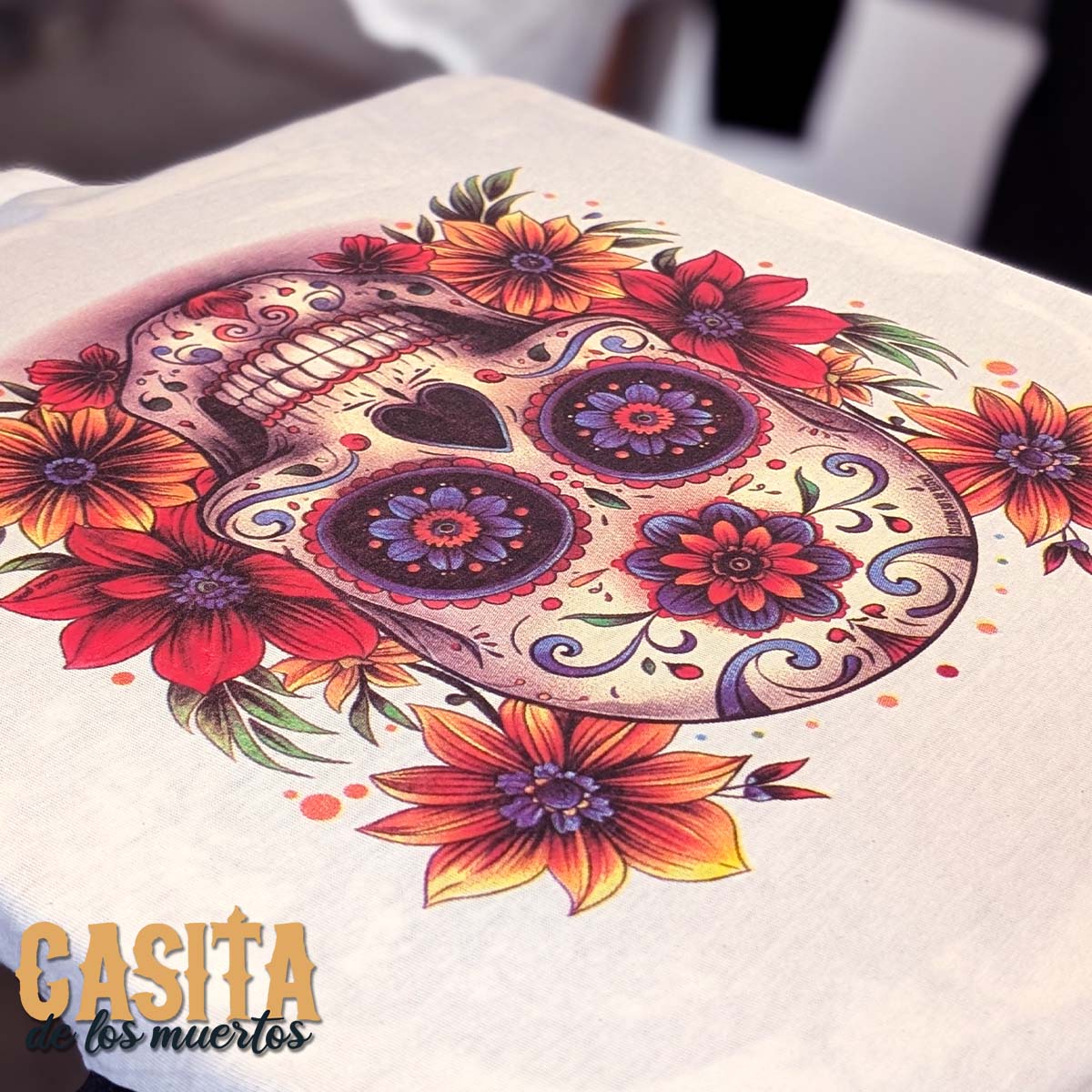Celebrating the Day of the Dead: Understanding its Significance and Traditions
The Day of the Dead, also known as Día de los Muertos, is a Mexican holiday celebrated on November 1st and 2nd. This day honors the memory of loved ones who have passed away and is a time for families to come together and remember their ancestors. In this article, we will delve into the history, traditions, and significance of the Day of the Dead.
Origins of the Day of the Dead
The origins of the Day of the Dead date back to the pre-Columbian era when the indigenous peoples of Mexico celebrated a similar holiday to honor their ancestors. When the Spanish arrived in Mexico, they merged their All Souls' Day tradition with the indigenous celebration to create the modern-day Day of the Dead. Today, the holiday is celebrated throughout Mexico and in Mexican communities around the world.
Traditions and Customs
One of the most recognizable symbols of the Day of the Dead is the calavera, or skull, which is often made from sugar or chocolate and decorated with bright colors and embellishments. Another important tradition is the creation of ofrendas, or altars, in honor of the deceased. These altars are decorated with candles, flowers, photographs, and other items that are meaningful to the loved one who has passed away.
Food also plays a big role in the celebration of the Day of the Dead. Special breads and sweets, such as pan de muerto, are prepared and offered to the deceased. In addition, families often gather to share a meal and reminisce about their loved ones.
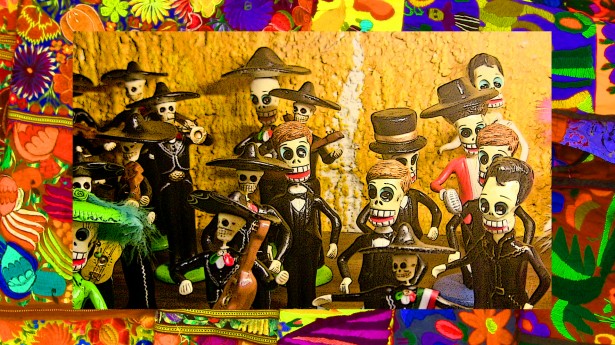
The Significance of the Day of the Dead
The Day of the Dead is not a day of mourning, but rather a celebration of life and a time to remember those who have passed away. It is believed that on this day, the spirits of the deceased return to the world of the living to be with their loved ones once again. The celebration is a way for families to keep the memories of their loved ones alive and to pay homage to their ancestors.
Celebrating the Day of the Dead in the Modern Era
In recent years, the Day of the Dead has become more widely recognized and celebrated outside of Mexico. Many cities around the world host festivals and parades to honor the memory of the deceased, and people of all backgrounds are welcomed to participate and learn about this rich and meaningful tradition.
Conclusion
The Day of the Dead is a time to remember and honor our loved ones who have passed away. Whether it's through creating an ofrenda, sharing a meal, or participating in a parade, this holiday is a celebration of life and a way to keep the memories of our ancestors alive. By understanding its significance and traditions, we can all take part in this beautiful and meaningful celebration.
